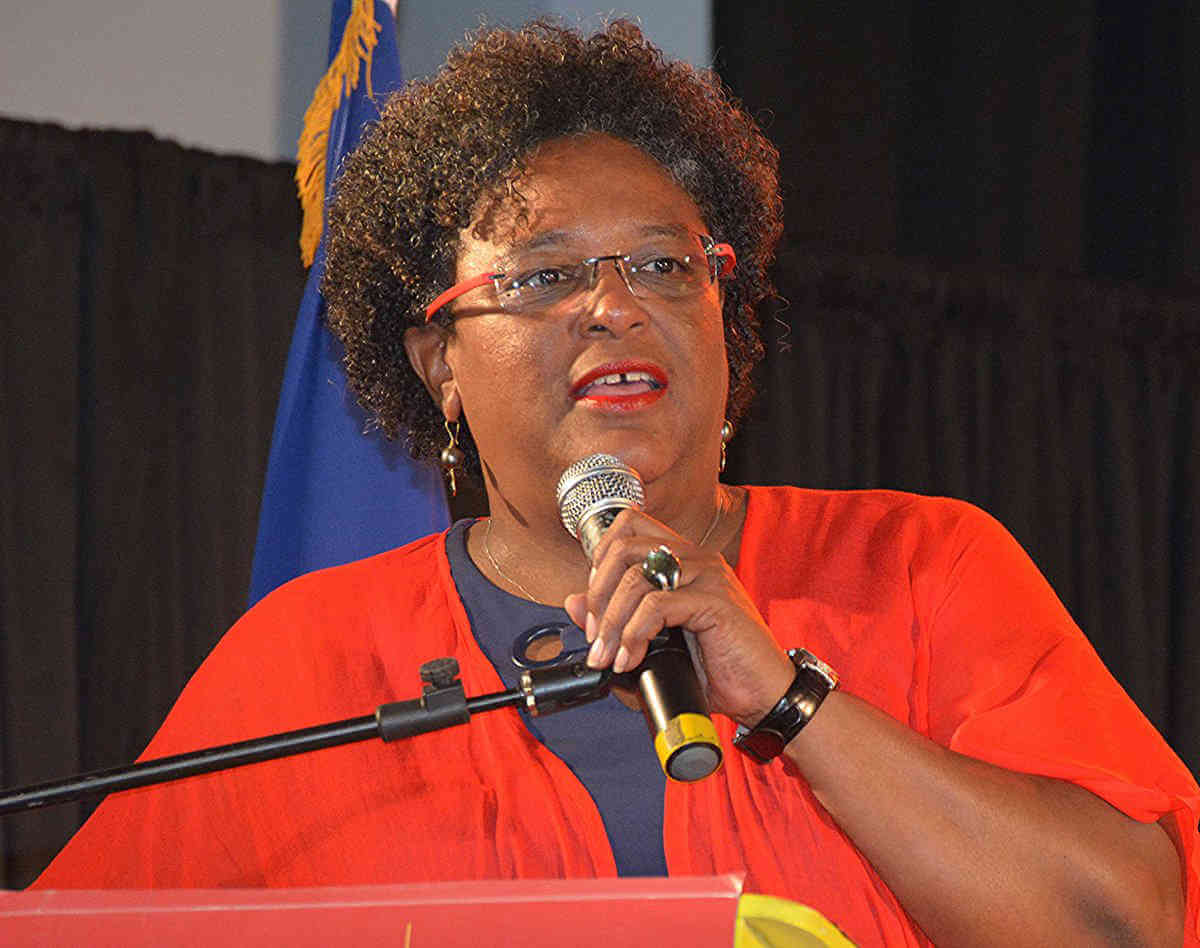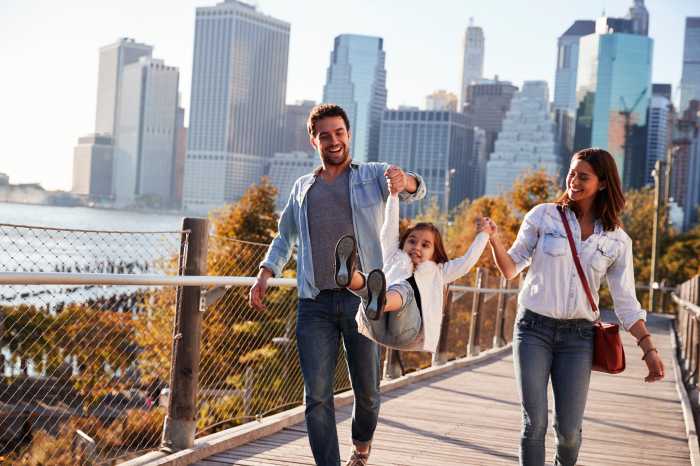In the past year, several Caribbean Community countries, led by Barbados, have taken innovative steps to earn state revenues as tourism dried up as airports shuttered, as planes were grounded and their economies slowed to a crawl because of the COVID-19 pandemic.
Mia Mottley’s proactive government had put out a worldwide alert inviting professionals to take a year off, come to the tourism paradise and work remotely from home for a small fee while experts try to get the virus under control.
Despite vexing travel challenges the program has slowly but surely picked up steam with many cashing in on the relatively low numbers of positive cases and deaths in Barbados and the region compared to what they had left behind.
Now, authorities in Bermuda say that the time for new fiscal ideas has come. The David Burt administration is moving to implement a similarly innovative scheme to earn revenues from the travel shortfall as it joins many of the Eastern Caribbean nations in inviting the wealthy to bring their cash to the island in exchange for long term residency, programs many in the region have already been running.
Those interested in switching to Bermuda are invited to invest $2.5 million into the country in cash or real estate or contribute to the island’s debt reduction fund, earning long term residency in the process.
Its Caribbean neighbors like St. Kitts, Antigua, Dominica, Grenada among others go even further by offering full citizenship to people investing much smaller sums under a program that they categorize as cash for economic citizenship. They say they need the money too as tax revenue has reduced from free trade in the 15-nation grouping and as various crises like hurricanes and other problems have contributed to unstable times.
“Affluent individuals from around the world want to live in places meeting criteria such as safety, rule of law, a place where they feel comfortable with their children,” Minister of Labor, Jason Hayward who unveiled the scheme at the weekend. It goes into effect from the beginning of March.
“These individuals and their families have the means to make significant financial investments, develop businesses, and create job opportunities, which can benefit Bermudians. Bermuda must take advantage of these opportunities,” The Gazette newspaper quoted him as saying.
Hayward contends that if certificates are issued to 100 investors, for example, this could pump $250 million into the economy in the coming months and spur economic activities “for years to come. I look forward to all of Bermuda welcoming those persons who will be granted an Economic Investment Certificate and a Residential Certificate in the coming months.”
As more and more countries like St. Lucia and Dominica sign on to the program, competition to attract economic citizens has so intensified that prices have dropped to an all time low with Dominica and St. Lucia for example, requiring an initial investment of a mere $100,000, while others like Antigua and Grenada at $150,000. For some, this is more than a 50 percent reduction from earlier periods.
Such governments usually let potential investors know that acquiring citizenship and a local passport will give them additional advantages like visa travel to more than 100 countries around the world and tax free trade in the Caribbean trade bloc.
In Bermuda’s case where qualification for residency and citizenship is tougher than most places, authorities there note that an applicant’s investment will earn long term stay and additional benefits after five years. Previous campaigns had targeted retirees who had no interest in competing with the local workforce. The current situation is, however different, allowing them to work in business they had invested in. Family members also qualify.

















